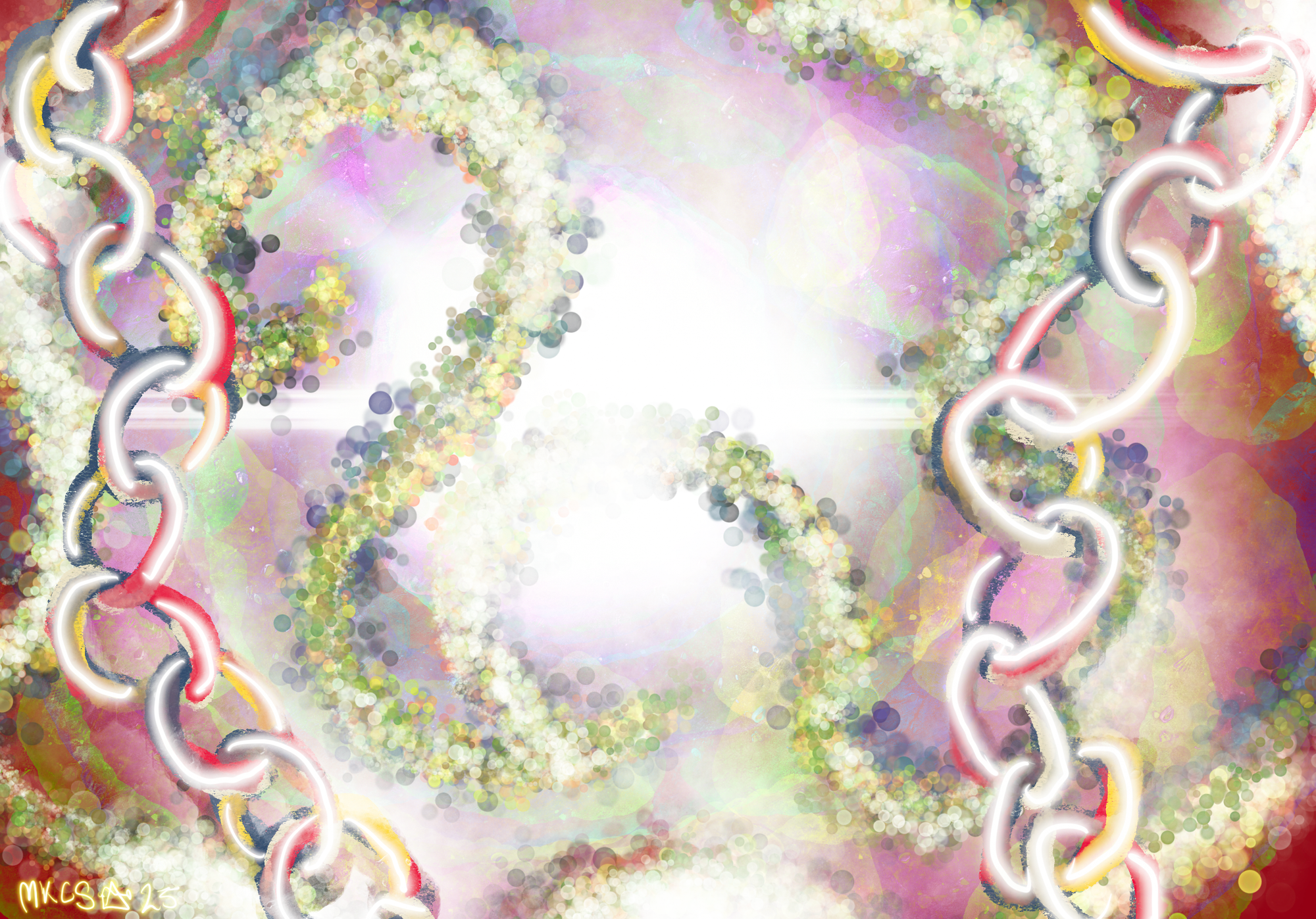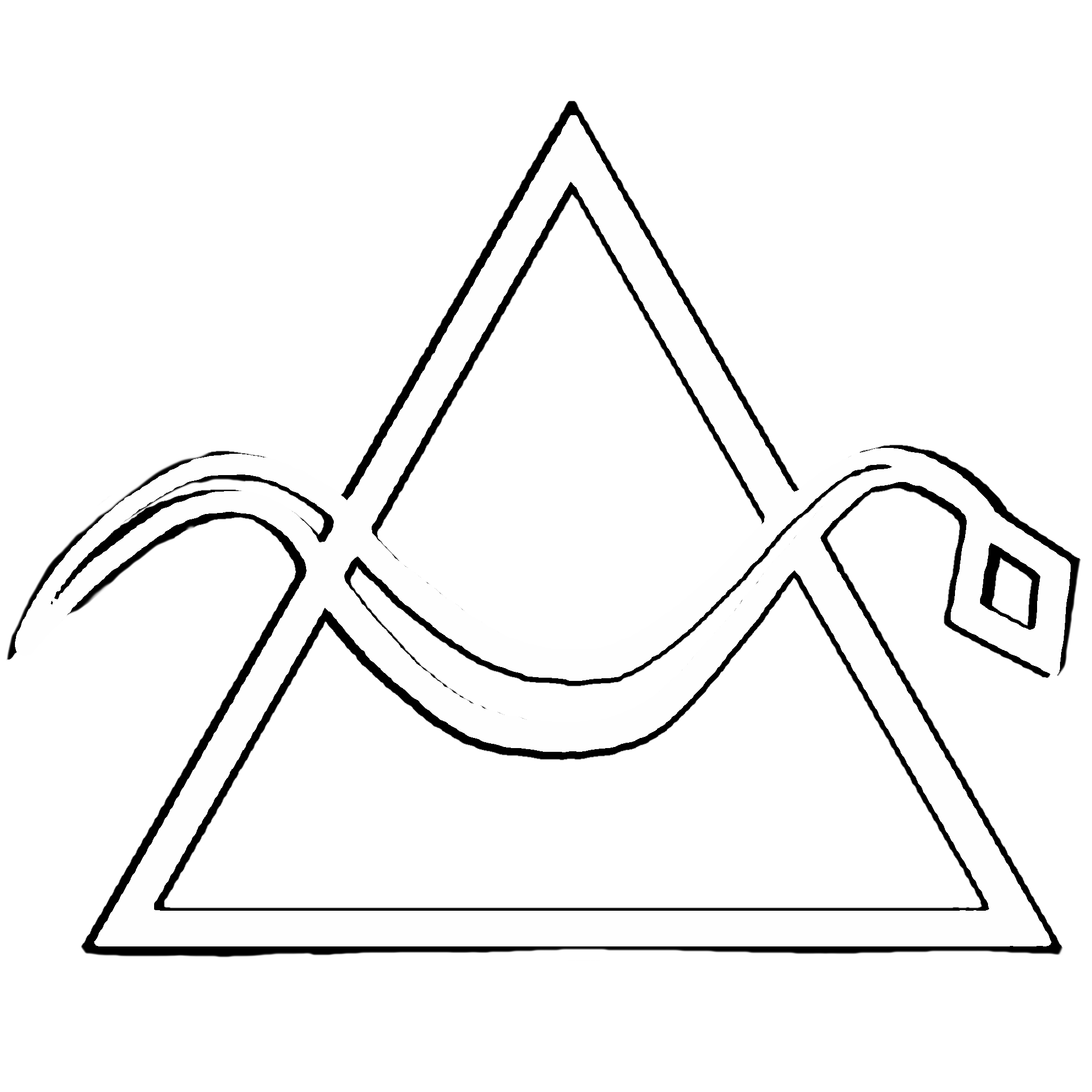NZATD 2025: Geoff Ngataierua and Angela Page
A reminder that if we want to include te ao Māori concepts in our work meaningfully, without just using them as window dressing, we need to take the time to think hard about what we are trying to achieve, and what the concepts mean in Māori, rather than what the translations mean in English.

Whaea te mātauranga hei oranga mō mātou.
We should seek out understanding for our wellbeing.
In their session Foundations of Connection, Culture, and Inclusive Practice, Geoff and Angela took a chance with their format. Rather than standing up the front and talking to us about culture and inclusion, they led a genuinely inclusive session, walking the talk, in which the participants co-created the session and everyone was given the opportunity to bring their own understanding into play.
I had expected, because I’ve worked with both Geoff and Angela, that the session would be interesting, so I really hadn’t looked very hard at the blurb for it. I was pretty confident that anything the two of them saw as being worth presenting for an hour would be well worth missing another presentation for.
What they brought to us was two small group activities. We worked closely with the members of our group, with the two facilitators swapping partway through the session, as we changed topic, and bringing with them the notes created by the other group. At the end, Geoff and Angela pulled things together, summarising where we had come to.
So what were the activities?
Angela led a group discussion around ‘wānanga’, while Geoff led one about ‘whanaungatanga’.
In Angela’s discussion, we looked at the way ‘wānanga’ is often (mis)used as a simple translation of ‘meeting’, ‘workshop’, or ‘group lesson’, especially ‘workshop’. I was reminded of the way colour-words, like ‘blue’ or ‘pink’ don’t always translate conceptually across languages, or of Solzhenitsyn’s metaphor of the protagonist as a monkey in Cancer Ward (1968).
In Russia, when Solzhenitsyn wrote Cancer Ward, monkeys occupied a similar semantic position to the one guinea pigs hold in English: experimental animals that may be abused. But monkeys and guinea pigs are very different animals, and despite having that similarity in role, it doesn’t really work to just translate ‘monkey’ as ‘guinea pig’ (being thrown into a zoo’s guinea pig cage, just wouldn’t be the same experience as being thrown into a monkey cage). Again, thinking of Russian, translating the word ‘blue’ is problematic, because Russian divides what we call ‘blue’ up into two colour categories: ‘goluboi’ (голубой) or light blue, and ‘siniy’ (синий) or dark blue. What do you say? Do you pick one, thus losing half the English meaning, or do an awkward ‘this and that’ format?
Similarly, ‘wānanga’ doesn’t have the same connotations as ‘workshop’. A workshop, we agreed, is metaphorically a gathering of people in a space to develop products. It’s fundamentally about creating outputs, as in early industrial workshops and ateliers.
‘Wānanga’ doesn’t have this output-focused connotation. The key feature of a wānanga that came up was for everyone to feel heard. (Although as Miranda Verswijvelen noted, and everyone agreed, ‘Silence is a choice.’) This need for the wānanga to support the inclusion of everyone’s voice, without necessarily imposing limits on speaking time or role, creates a key difference from a workshop, in which people are expected to adhere fairly strictly to their roles and a pre-set agenda.
Cleverly, Geoff and Angela were actually running a wānanga, rather than a workshop, so we had a good example to help understand the difference.
Geoff’s part of the session looked at the concept of whanaungatanga. As a linguistics geek, I love this word, and the related whakawhanaungatanga: the way it is such a great exemplar of how te reo Māori builds words. Whaka (makes the thing following it a verb). Whanau (family). -Nga (makes the verb before it a noun). Whanaunga (kin, relations). Tanga (makes the thing before it a concept). So it’s the verb of the concept of the act of being a family. Just so cool.
Throughout both sessions, everyone in each group was encouraged to share their thoughts: people who had already studied some of the topics, and people for whom the topics were new, including recent immigrants with insights from their own cultures.
I found this session a really brilliant reminder of how simple one-to-one translations lose the connotations of words, and if we want to include te ao Māori concepts in our work meaningfully, without just using them as window dressing, we need to take the time to think hard about what we are trying to achieve, and what the concepts mean in Māori, rather than what the translations mean in English.

